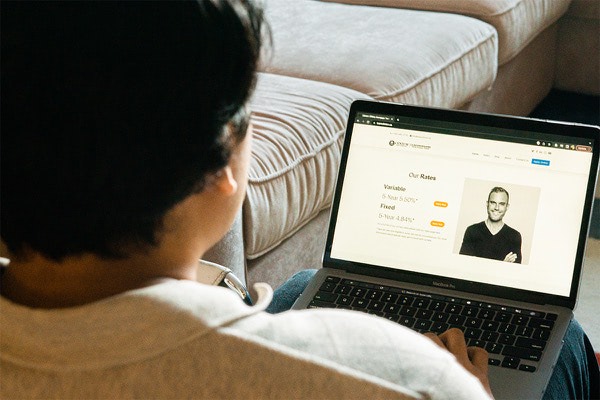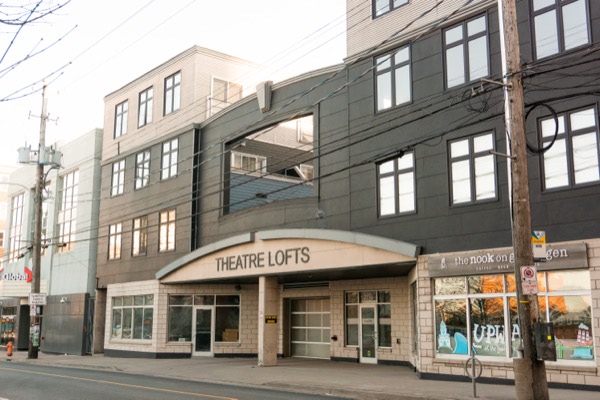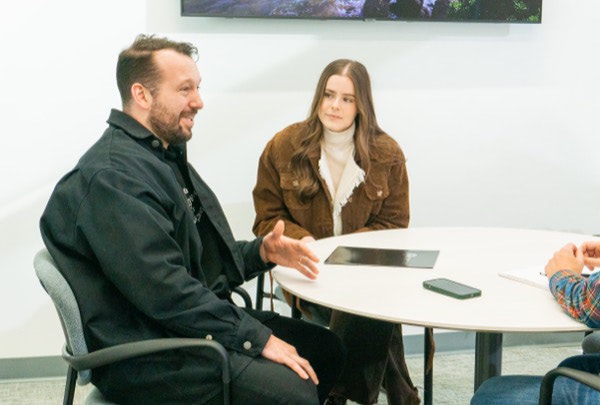You have secured your mortgage approval, but is it what you can truly afford? Here’s what you need to know.

How can you properly budget for buying a home?
For those of you planning on buying a home in 2023, you likely know creating a proper budget is more important than ever. As we deal with inflation and interest rates, it’s essential to have a firm grasp on your finances and purchasing power. If you’re struggling to get a clear vision of your budget, here are a few steps to help you get started as you enter the market!
Outline all the costs
Buying a home is about more than paying for the structure of the house itself. Most of us know this, but it’s good to have a written reminder of the other costs you’ll be dealing with as a buyer. Here are the biggest costs to save for, so you can ensure you have an accurate budget!
Down payment
Of course, your down payment will be the biggest upfront expense of buying a home. It must be between five and 20 per cent of the home’s purchase price, so most buyers spend a few years saving up for this expense before they enter the market. There are also some important rules to remember in terms of how big of a down payment is required. If the home you’re looking to buy is under $500,000, you can secure a mortgage with a five per cent down payment. Homes between $500,000 and $1 million can use that five per cent on the first $500,000, but the remaining amount of the purchase price has to have a 10 per cent down payment. Finally, homes over $1 million need a full 20 per cent on the entire purchase.
If you think you have your down payment saved up, take a look at the maximum purchase price you can secure. It’s also essential to remember that any down payment below 20 per cent needs to be supported by mortgage default insurance. This is a form of lender protection in case the borrower cannot make their mortgage payments. This insurance adds some extra costs, so your job is to decide if you will save up for a bigger down payment, or enter the market sooner with a smaller down payment. The Canada Mortgage and Housing Corporation (CMHC) is the biggest provider of this insurance.
Monthly mortgage payments
Your monthly mortgage payments are your ticket to building home equity and working towards owning a valuable asset. Budgeting for a home means knowing how much you can afford to pay monthly. Your home’s purchase price, minus your down payment, equals the total amount you will pay back through your mortgage payments, and of course, this comes with interest. It’s hard to pin down what interest rate you’ll be paying, and how much you will owe monthly, before you know what property you want to buy. However, you can start by getting pre-approved. This lets you know how much you may qualify for in mortgage lending, and what interest rates you may be able to secure. A pre-approval doesn’t set anything in stone, but it does tell you where you stand. This gives you an idea of the costs you’ll need to budget for.
Closing costs
Closing costs can be easy to lose track of, especially if you’re directing all your focus on your down payment. However, these often cost around 1.5 per cent of your home’s purchase price, so they’re worth saving for as well! These costs are the last-minute expenses you’ll encounter when you take ownership of your home. They include legal fees, moving costs, land transfer tax, and home inspections. While they may not seem significant on their own, don’t forget about them if you’re trying to create an accurate budget.
Maintenance costs
Finally, once you own your home, you’re responsible for maintaining and improving it! Budgeting properly for a home includes budgeting for expenses that might come up after you take possession. These include renovations, repairs, and replacements. Sooner or later, our water heaters break down, our roofing needs replacing, and we decide the old carpeting in our living room needs to go. All of these costs will fall on you, and it’s important you can support them to enjoy the homeownership experience!
Don’t overestimate your buying power
A big part of proper budgeting when buying a home is being realistic about what you can and can’t afford. Before you start searching for homes, we recommend making a list of all your needs and wants for your future property. Your needs will be things you truly can’t live without, like a three bedroom house because you have children, a yard because you have a dog, or easy access to transit because you don’t have a vehicle. Your wants should be negotiable, like a finished basement or an in-ground pool.
Once you know the type of property you want, start researching their prices in the areas you want to explore. You should get a good idea of how much your ideal property may cost. If it seems beyond what you can afford right now, don’t overstretch yourself by trying to make it work anyway. This can result in you being house poor, which means you will need to spend the majority of your money on housing expenses, with little room for anything else. If this looks like it will be the case, either hold off on buying for now, or else consider buying a property that may not be perfect, but will allow you to comfortably enter the market and start building home equity.
Use a mortgage broker
Finally, a mortgage broker is an irreplaceable part of helping you budget when buying a home. Brokers can outline everything from housing prices to lender requirements, and where you stand in the market. We can help you secure the best mortgage product, or else assist you in making any improvements to your finances before applying for a mortgage. The housing market can be confusing, but using a broker means having a mortgage professional advocating for you.
Buying a home is a big experience, so that means it requires careful planning! The good news is as mortgage brokers, we’re here to help you every step of the way. Purchasing a home becomes a whole lot easier and less stressful when you have a broker on your side.
If you have any questions about your mortgage, get in touch with us at Clinton Wilkins Mortgage Team! You can call us at (902) 482-2770, or contact us here.


